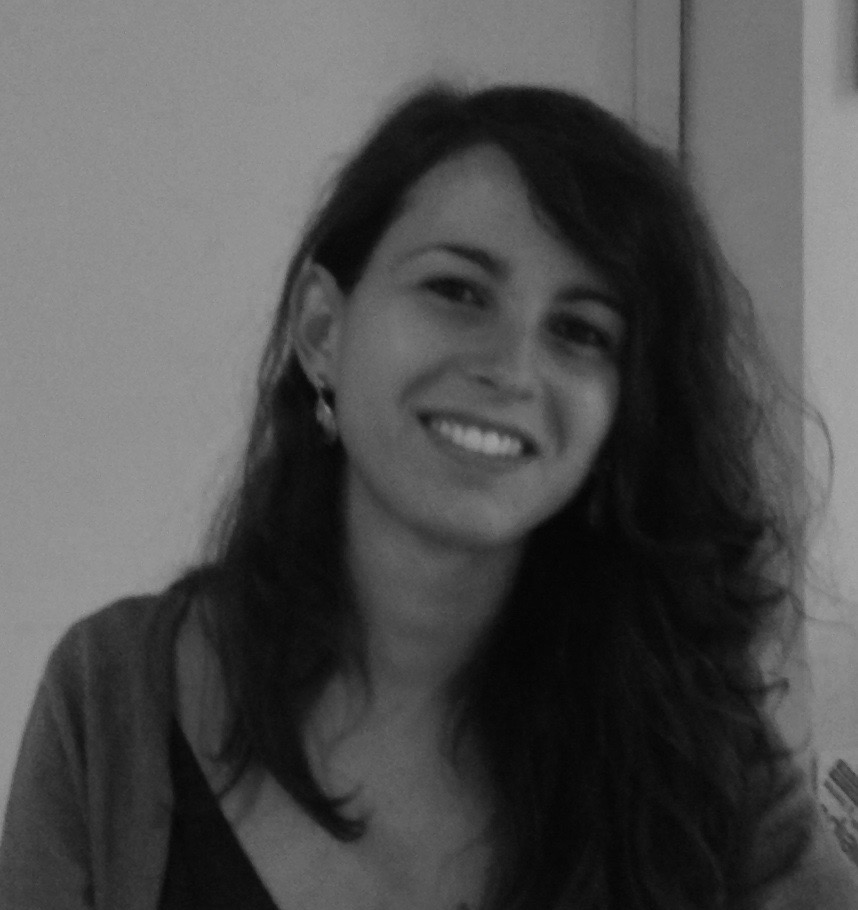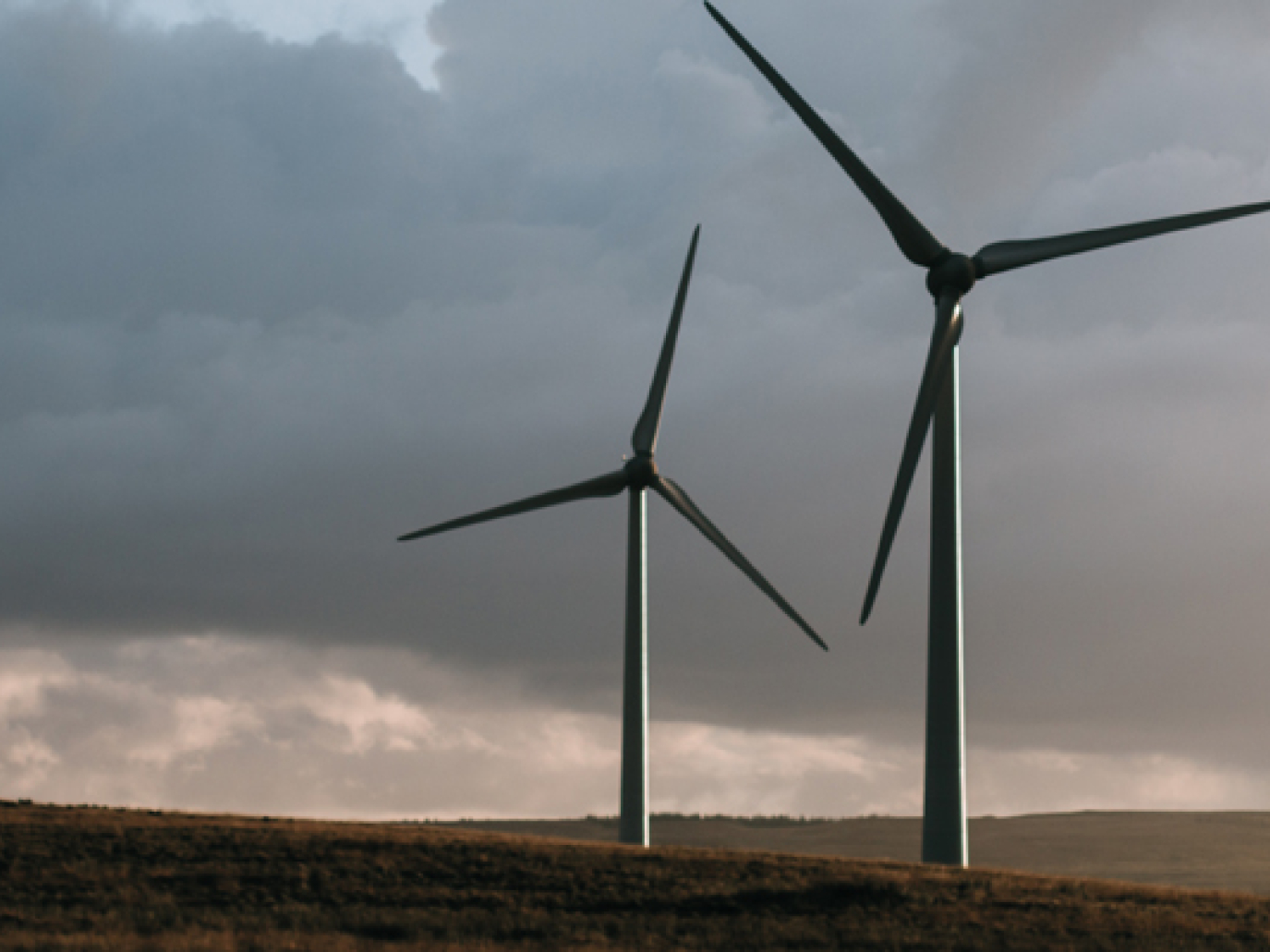According to a recent global study, incubators and accelerators that are connected to universities alone created over 70,000 jobs between 2017 and 2018, generating a revenue of $3.2 billion and receiving over $4.7 billion in investments.
Innovative spaces in their own right, some of these incubators have the particular shared trait of welcoming start-ups that are committed to designing and developing circular and sustainable solutions.
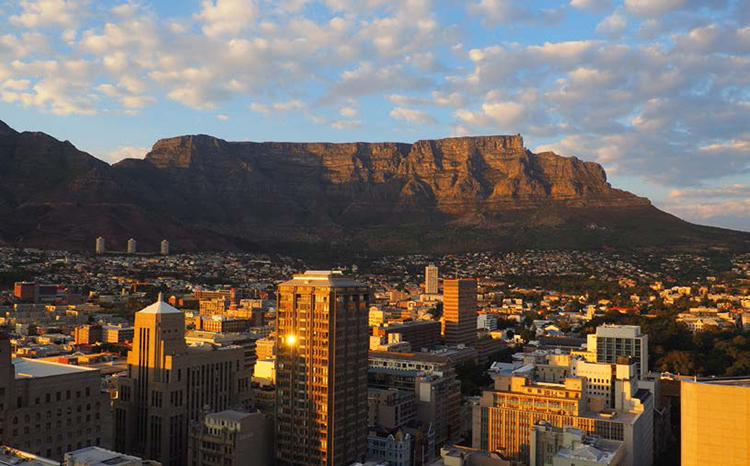
African Center for a Green Economy
Water, energy, food safety and the fight against climate change are the central tenets of the work of the African Centre for a Green Economy (AfriCGE), an independent think-tank and incubator for social innovation based in Cape Town, South Africa.
Founded by a collective of sustainability experts and advocates, AfriCGE acts as a consulting agency for the whole of South-Western Africa.
The Centre performs research and development of the green economy, provides support for start-ups and businesses with high social and environmental value and makes “green” investments. To sustain business development AfriCGE makes use of its own fund – GroFund – which invests in start-ups through subsidies, loans or equities.
Founded in 2012, the Centre collaborates with governments, companies, local institutes such as the Development Bank of South Africa (DBSA) and international organisations like USAID (United States Agency for International Development) and the Dutch Doen Foundation.
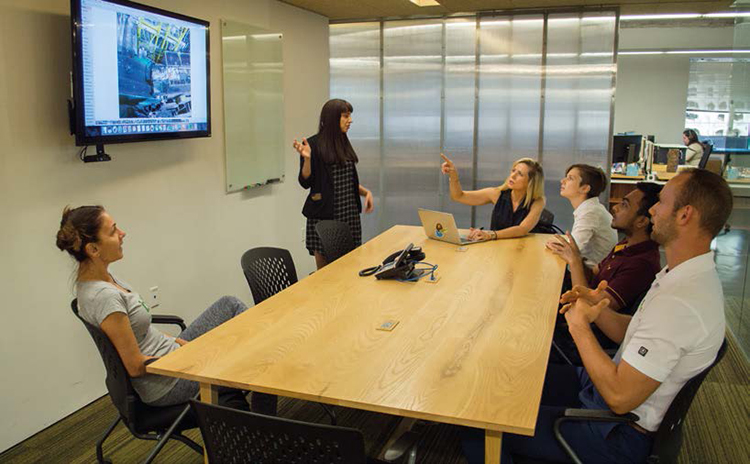
RISN Incubator
Just one year after its opening, the RISN Incubator in Phoenix, Arizona, is able to demonstrate a concrete impact on its territory: its businesses have launched 10 products onto the market, created 2 patents, 26 full-time jobs, 4 part-time ones and 19 internships, and the incubator itself has collected $1.345 million in capital.
The RISN incubator is part of the Resource Innovations and Solutions Network, which is the result of a collaboration between Arizona State University and the City of Phoenix. Created in 2017, as an accelerator for new businesses involved in waste management for the city of Phoenix, it has even attracted financial backing from the US Economic Development Administration.
Along with companies that deal with more common types of waste, such as fabrics and plastics, the incubator welcomes businesses that focus on old pieces of furniture, mattresses and compost.
To be supported by the incubator for long periods of time, businesses must pass a selection process that lasts for months, with various configuration and design sessions, demonstrating that they satisfy all the necessary requirements for financial support.
sustainability.asu.edu/resourceinnovation
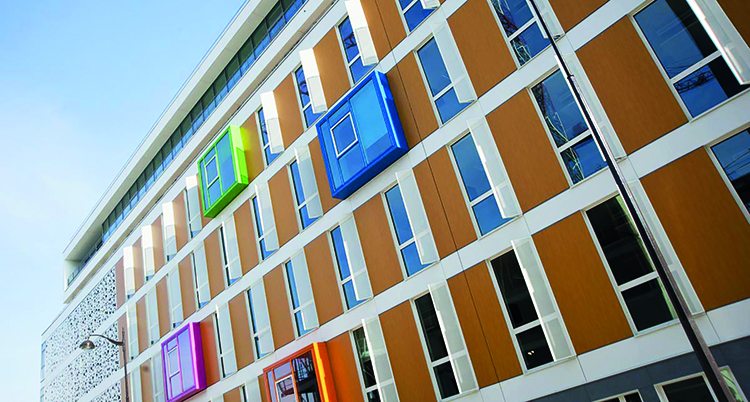
Paris & Co
Since April 2017, the city of Paris has played host to an incubator dedicated to the circular economy, aiming to accelerate start-ups that deal with responsible consumption, eco-design, product life extension, and the handling of waste.
The Parisian incubator can be found within Paris & Co, the French centre for innovation and sustainable entrepreneurship, which sponsors projects related to construction, logistics and urban mobility.
Katrine Bidart, co-director of Paris & Co, explains that the vision of the incubator involves “sharing the project with our partners and with the city of Paris.” In fact, this space stand out as it doesn’t function for profit; never acquiring shares from the start-ups incubated there.
The Municipality of Paris provides financial backing to the project, together with the French Public Investment Bank (BPI) and a group of companies that includes the supermarket chain E. Leclerc and the waste disposal company Veolia.
The purpose of the incubator is to resolve operational difficulties for its partner companies, so as to speed up the growth of start-ups.
Over the course of two years, 172 start-ups took part in Paris & Co’s activities. Over half of these (56%) are now commercialising their product or service, while 26% are in the finalisation phase and 18% are generating prototypes. A majority of the incubated start-ups originated from Paris and its surroundings (67%), with 25% coming from the rest of France and 8% from abroad.
Among these are: Zei, a platform that combines neuroscience and gamification to promote more sustainable consumption; Treenox, that has created a digital platform for the acquisition and sale of waste; and Pili, which produces biotech dyes and pigments using a patented fermentation technology.
Zei, zei-world.com/fr
Treenox, www.treenox.com
Pili, www.pili.bio
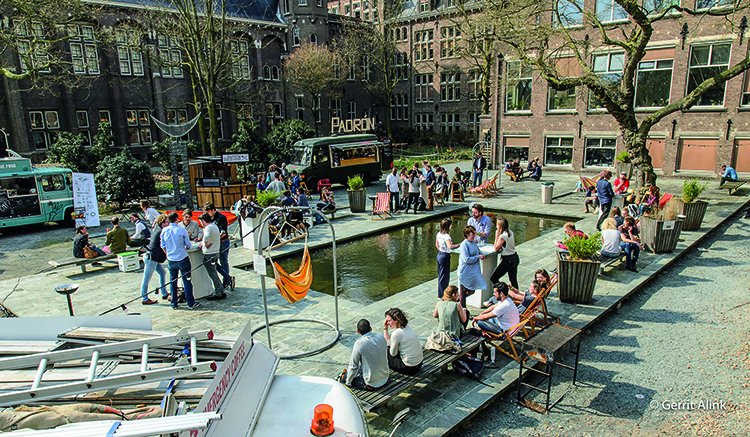
Impact Hub Amsterdam
Part of a global network of incubators, with over 100 bases in 50 different countries, Impact Hub Amsterdam (IHA) has distinguished itself in recent years for having included various circular start-ups in its spaces.
Currently operating in IHA there are: SustainerHomes, producing wood-based modular homes; Plastic Whale, creating barges and design objects using plastic collected from Amsterdam’s canals; Closing the Loop, a start-up devoted to reducing electronic waste; Ioniqa, a chemical enterprise which develops smart technology for the separation of PET; and finally Gerrard Street, Lena Library and Loop.a Life, involved in the modular earphones and circular clothing sectors.
With the primary objective of reaching the Sustainable Development Goals (SDGs), Impact Hub Amsterdam counts 350 members and 150 businesses, and each year organises over 250 events and formative courses that focus on the transition to a sustainable and circular economy. IHA also runs a programme for start-up acceleration, called Investment Ready Program.
IHA can be found, along with other innovative Dutch enterprises like Circle Economy, inside the spaces of the KIT – Royal Tropical Institute, a centre of education and cultural cooperation for sustainable development.
SustainerHomes, www.sustainerhomes.nl
Plastic Whale, plasticwhale.com
Closing the Loop, www.closingtheloop.eu
Ioniqa, www.ioniqa.com


